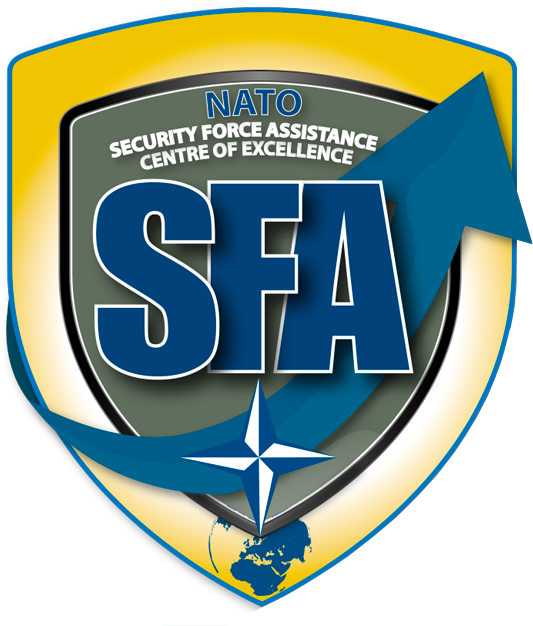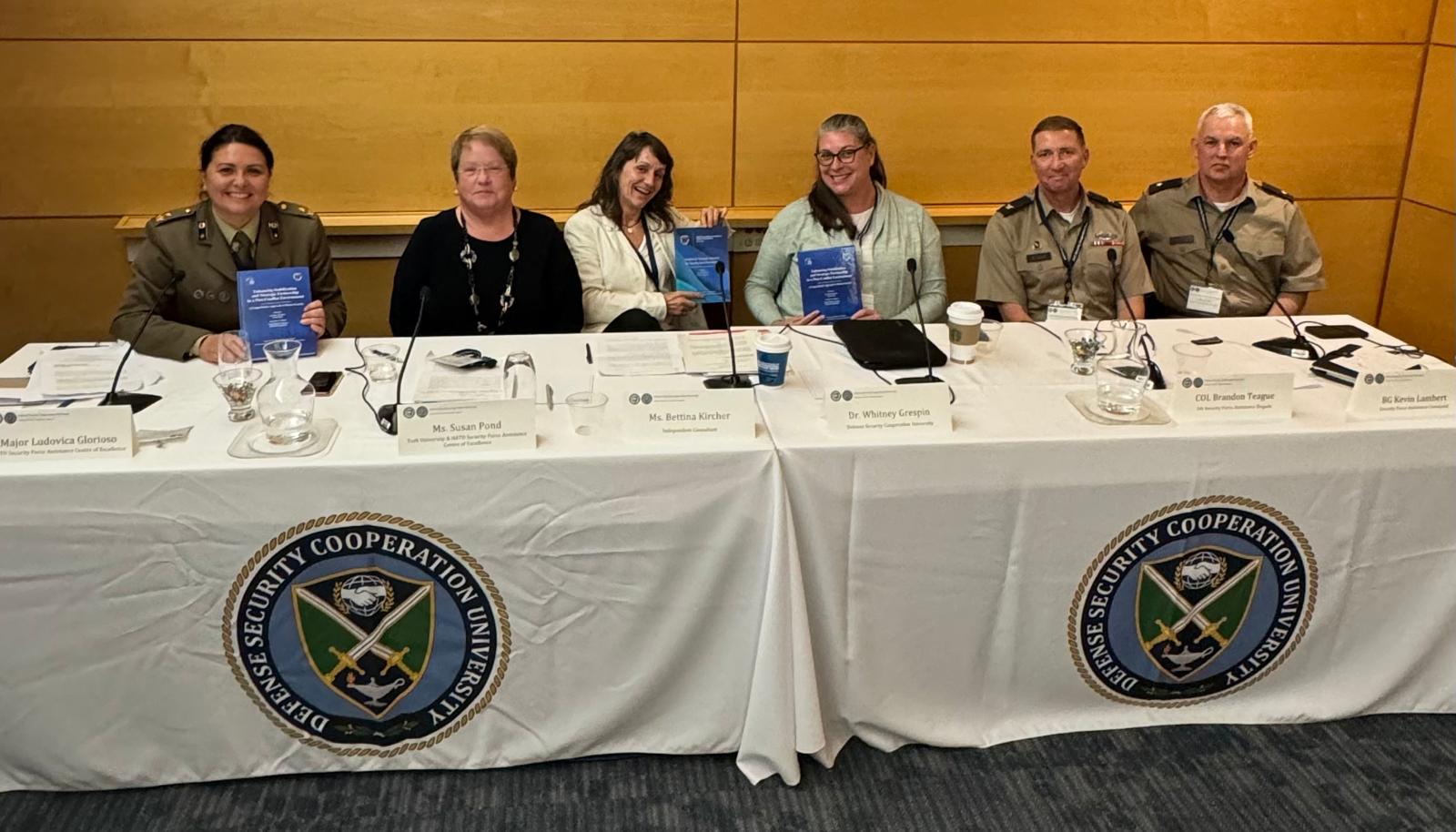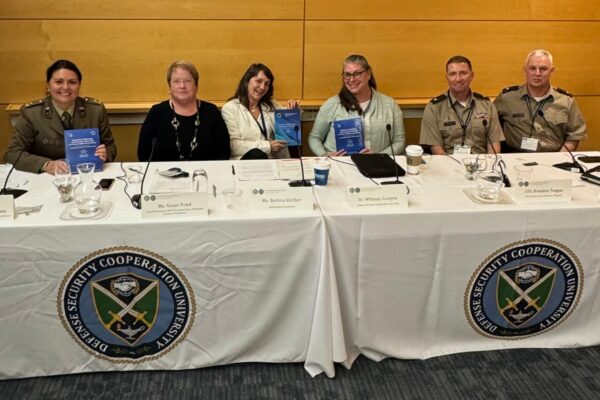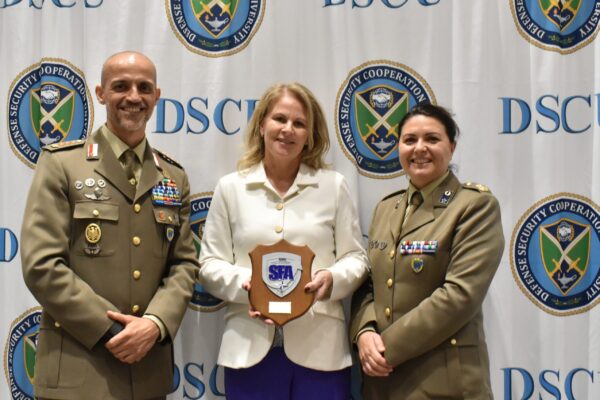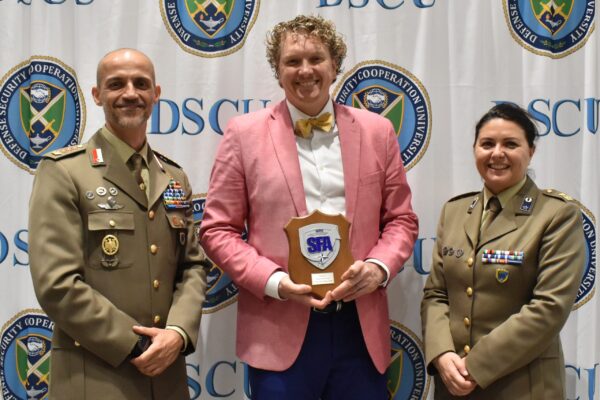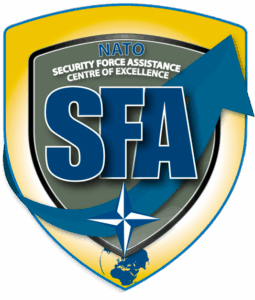The NATO SFA COE participated in the third annual Security Cooperation (SC) Conference, titled “Building Lasting Partnerships: What Have We Learned?” organized by the Defense Security Cooperation University (DSCU), on Oct. 28–30, 2024, at the Ronald Reagan Building and International Trade Centre in Washington, D.C.
Approximately 500 security cooperation policymakers, scholars, and practitioners convened to bridge scholarship and practical knowledge, aiding the security cooperation workforce to work more effectively and sustainably with Allies and partners.
This year’s conference call for proposals focused on the following five issue areas and considered proposals from across the community that formed the various panel sessions and presentations:
• Understanding the Partner
• Navigating Partnership Engagement Dynamics
• Managing Allied Partnerships
• Organizing for Partnership Success
• Partnering in Contested Environments
The NATO SFA COE was selected to chair a panel on Tapping into the Promise of Security Force Assistance where the panellists emphasised the importance of understanding local context and the human factor, the security partnership models, the initiatives to promote integrity and good governance in the security sector, the contracted contribution to the SFA enterprise, the role of the advisors in conflict and the importance to enhancing stability through Security Cooperation Engagements. Maj Ludovica Glorioso, NATO SFA COE Legal Advisor, chaired the panel composed by Ms Susan Pond (Director of the Glendon School of Public and International Affairs at York University, Toronto), Ms Bettina Kircher (Independent Consultant for Conflict and Development Management), Dr Whitney Grespin (Africa Regional Program Lead, DSCA/DSCU Institute for Security Governance), BG Kevin J. Lambert (Commanding General Headquarters, US SFA Command) and Col Brandon Teague (US 5th SFA Brigade Commander), with the aim to understand the root causes of the crises in the current geopolitical scenario, adopting a comprehensive approach that promotes the interrelation and coordination between military forces and civilians.
Part of the contents were focused on the analysis contained in the chapters of the three books published by the Centre (available online) focused on the importance of the strategic partnership and the interdisciplinary approach for understanding the challenges in crisis areas affected by violence and instability and to promote the adoption of optimal practices.
The event also gave the opportunity to share with experts, scholars and practitioners, the insights for the stabilization processes in post-conflict environments. During the three-day event, the Centre was also included in a dedicated poster session on Security Cooperation Practice. The NATO SFA COE’s team shared processes and approaches relevant to the security and cooperation within the SFA framework, taking the advantage of this opportunity to showcase how the Centre manages projects and programmes, for the continuous enlargement of its community of interest.
NATO SFA COE greatly appreciated the cooperation with the Defence Security Cooperation University and the coordination with Dr Nadia Gerspacher and Dr Nathan Toronto in preparing the panel for the event in Washington DC.
